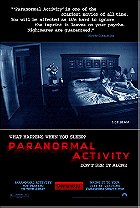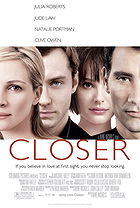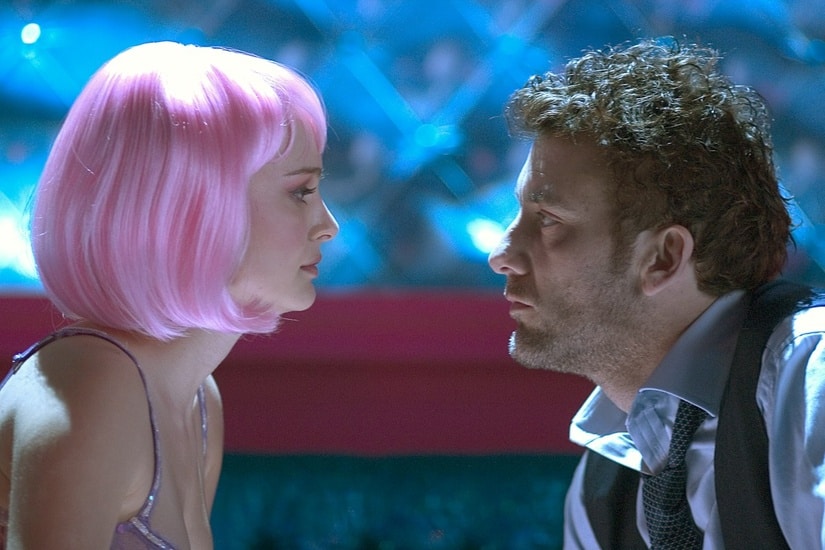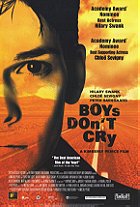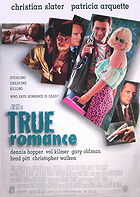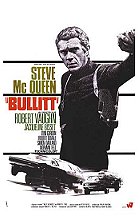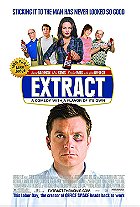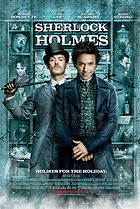The mission allotted to the executives at Paramount Pictures sounded impossible. Their assignment? To resurrect Tom Cruise's lucrative spy franchise that was left in shambles following the stylish but critically reviled second instalment. It would seem that six years away from the material rejuvenated both Cruise and the creative team - after going through several directors who walked away prior to filming (including David Fincher), Cruise recruited hot television commodity J.J. Abrams to overhaul the ailing series and start fresh from both a screenplay and a directorial perspective. Luckily, the gamble pays off excellently. Action franchises tend to considerably decline in quality by the third instalment, from Beverly Hills Cop to Lethal Weapon to the belated Terminator 3, but no such sign of fatigue taints Mission: Impossible III - this is an involving action extravaganza served with wit and panache that wraps its fingers around a viewer's throat during an intense opening scene and rarely loosens its grip over the two-hour mad dash to the end credits.

For this third film, Ethan Hunt (Cruise) has moved away from the high-risk missions of the previous movies to undertake a desk job (of sorts) training new agents for the field at IMF (Impossible Mission Force). On top of this, Ethan is on the verge of settling down in his private life: he's engaged to a nurse named Julia (Michelle Monaghan), who's blissfully unaware of his actual day job. But when one of his former trainees (Keri Russell) is captured while investigating powerful arms dealer Owen Davian (Philip Seymour Hoffman), Ethan renounces his semi-retirement to rescue her. However, the task steadily evolves into the larger job of pursuing Davian and preventing him from placing a biological weapon (codenamed the Rabbit's Foot) into the wrong hands (i.e. non-American hands).
M:I:III is a brutal, intense, edgy action-thriller that propels the series forward in a fresh new direction. The first two M:I movies were well-mounted displays of their respective director's area of expertise (Brian De Palma's penchant for intricate scenarios played out in silence and John Woo's talent for operatic slo-mo shootouts, respectively), but neither instalment shed a great deal of light on Ethan Hunt as a person. Thankfully, Abrams and his writers rectify this. Mission: Impossible III features a fair share of exploding cars and shootouts, but it's more than mere eye candy - with an eye towards Ethan's personal life and numerous stunt sequences that place the various protagonists in believable situations of danger, it's possible to care about the characters and their mission. Naturally, at the end of the day, it's still a big-budget Hollywood production, but heavens me, the constant and very genuine feeling that Ethan might not make it becomes a concern as tension mounts with unsettling speed. Also interesting is that this M:I story leaves room for teamwork. Sure, it's still Tom Cruise's show, but the filmmakers allow the team to play a bigger role in the action.

Being in charge of a well-publicised $150 million blockbuster for his feature film debut, Abrams delivers the goods with a wallop, displaying a strong eye for dramatic tension and gritty action that's fluid and exciting. He directs the hell out of the action set-pieces, with daring camerawork and sharp editing (courtesy of Alias veterans Maryann Brandon and Mary Jo Markey) that belies the director's inexperience with big-screen adventures. The little moments are equally inspired, too. Action flicks tend to contain boring "in-between stuff" (anything that doesn't involve the action bits, that is), but not so in Mission: Impossible III. Acting is uniformly strong, and Abrams shows a talent for building compelling momentum. It's difficult to believe this is Abrams' first outing as a feature-film director; he exudes a laudable confidence that a number of established filmmakers have no clue how to achieve (such as Uwe Boll or Rob Cohen, just to name a couple).
Think whatever you wish about Tom Cruise's increasingly outspoken religious convictions or his tabloid-fodder personal life, but he's a box office star for a good reason. His performance in Mission: Impossible III ranks among his very best work as an actor. He truly puts his body on the line in terms of stunts and fight choreography, but it's in the non-action scenes where Cruise truly delivers; one can sense the pain and anguish of the moment, and Cruise provides the necessary conviction to make every character interchange highly compelling. During the opening scene alone, he passes through a wide swath of emotions (from bewildered to angry to terrified) in mere seconds. He never fails to sell the legitimacy of a scene, no matter how implausible it may seem. From the outset, it's clear Cruise was dedicated 100% to the movie.

Luckily, the rest of the cast is equally strong. Ving Rhames is his usual self, playing Luther Stickell with a spot-on mix of wit and sincerity. However, Philip Seymour Hoffman is the movie's standout. Owen Davian isn't a foam-at-the-mouth lunatic or a suave, cultured sociopath - he's a deadly serious, brutal badass with no compunction about killing an innocent person. Played to perfection by the late Hoffman, Davian is far better than the cookie-cutter, run-of-the-mill antagonists that typically feature in big-budget blockbusters. And yet, for all the movie's grittiness and suspense, there's a light side too - comic relief is present in the form of Simon Pegg (Shaun of the Dead, Hot Fuzz) playing a jittery techie who suggests the Rabbit's Foot could just be "a really expensive bunny appendage".
Despite clocking in at two hours, Mission: Impossible III never noticeably drags because it's excellently paced and moves with the speed of a bullet. It isn't perfect - the hero's wife/girlfriend is predictably placed in jeopardy, and it would've worked better as a hardcore R-rated actioner - but it remains an intelligently-realised and amazingly-rendered action fare that's refreshing to witness after all the cartoonish, dumbed-down rubbish which has been passing as mainstream popcorn cinema over recent years. M:I:III is also, quite convincingly, the best of the Mission: Impossible film series to date.
8.8/10
 Login
Login
 Home
Home 183 Lists
183 Lists 1665 Reviews
1665 Reviews Collections
Collections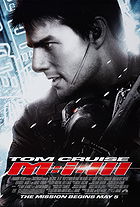
 0 comments,
0 comments, 



